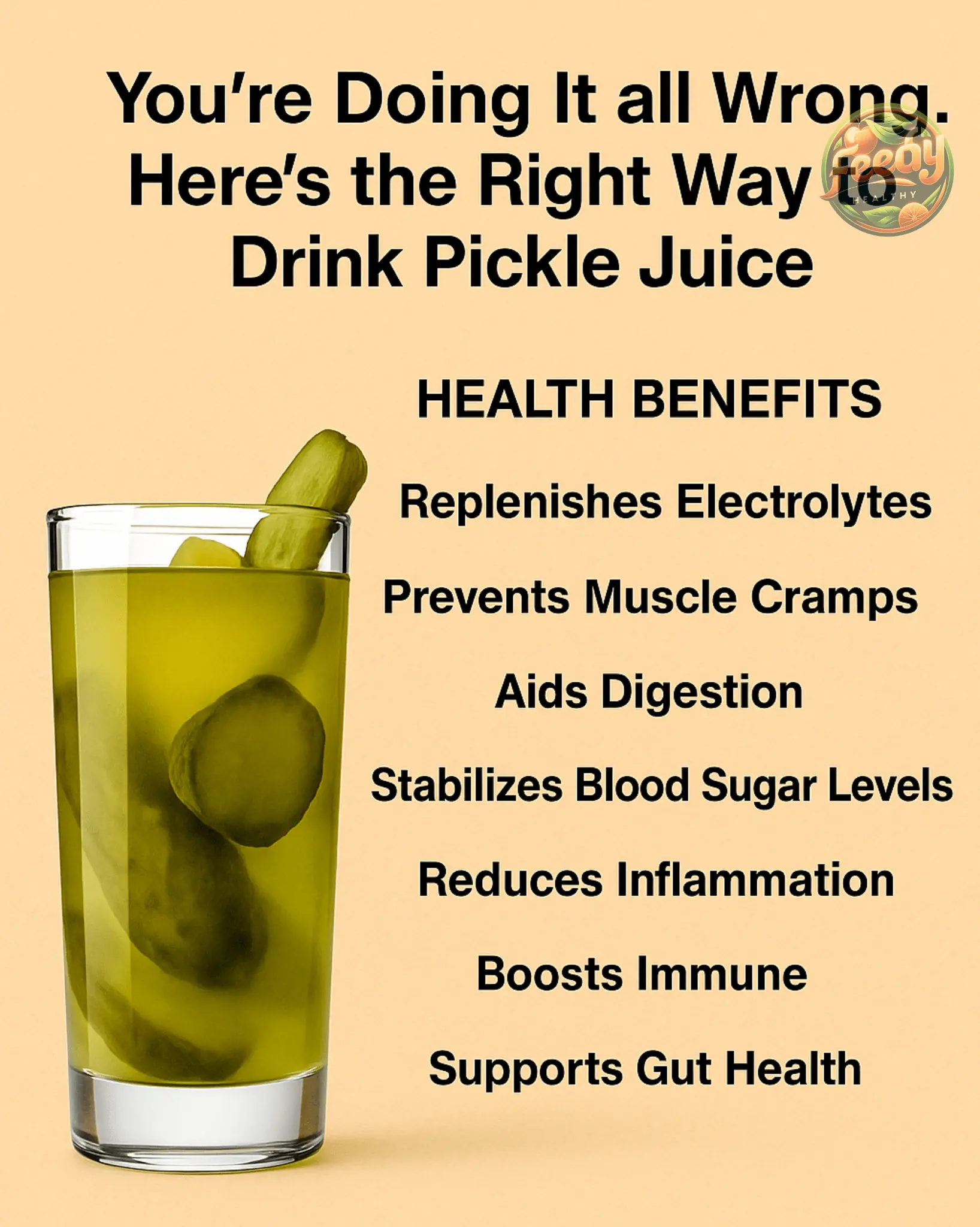
Harvard Doctor Recommends 4 Simple Food Swaps to Lower Cancer Risk
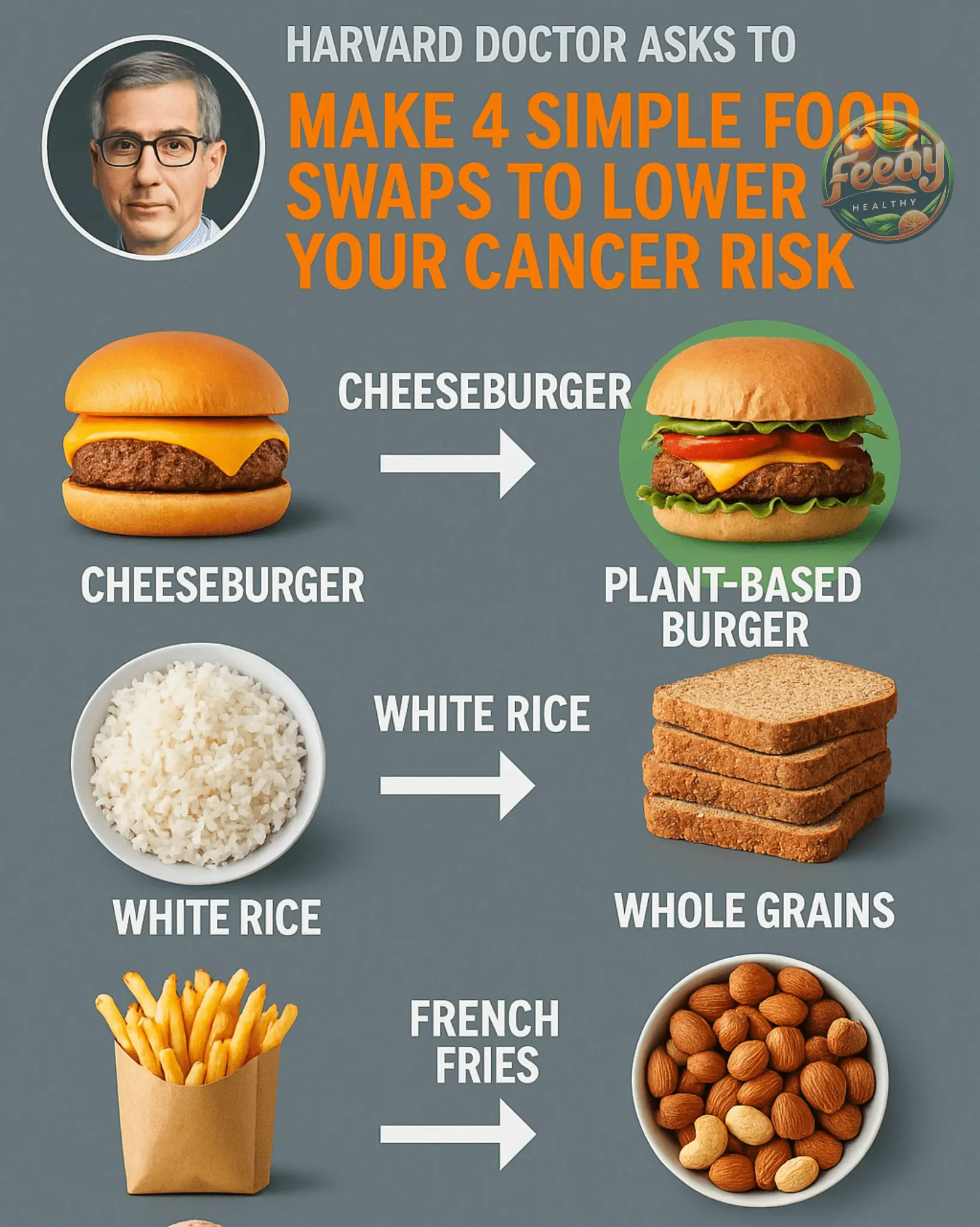
According to the American Cancer Society, over 2 million new cancer cases are expected to be diagnosed in the U.S. in 2025. The World Health Organization (WHO) also confirms that cancer is the second leading cause of death globally. The rising number of cancer cases—especially among younger adults—is alarming, and lifestyle factors cannot be ignored.
Dr. Saurabh Sethi, a Harvard- and Stanford-trained gastroenterologist with over one million followers on Instagram, shared that he is seeing more patients in their 30s and 40s being diagnosed with cancer compared to a decade ago. Based on his clinical experience, he recommends four simple dietary swaps that may help lower the risk of cancer:
1. Swap Sugary Drinks for Sparkling Water
Dr. Sethi advises replacing sodas and sugary energy drinks with unsweetened sparkling water. He notes that daily consumption of sugary beverages can increase the risk of early-onset colorectal cancer by 32%.
Colorectal cancer is one of the most common cancers globally, especially affecting people over 50. However, diet, genetics, and lifestyle can significantly influence individual risk.
2. Replace Cocktails with Non-Alcoholic Drinks
The WHO has stated there is no safe level of alcohol consumption when it comes to cancer risk.
Dr. Sethi strongly recommends minimizing alcohol intake, particularly for women. He points out that drinking two to three alcoholic beverages per day can increase the risk of breast cancer in women by 10%.
Instead, opt for festive non-alcoholic beverages to enjoy social events without the added health risks.
3. Choose Lean Proteins Over Red Meat
Red and processed meats like burgers, sausages, and deli meats have been linked to an increased risk of colorectal and breast cancers.
Dr. Sethi encourages choosing lean proteins such as fish, chicken, or turkey.
Making smarter protein choices doesn’t mean sacrificing taste—it’s a simple switch that supports long-term health.
4. Prioritize Whole Grains Over Refined Carbs
While refined grains like white bread and pasta are convenient and affordable, they aren’t the best for your health.
Dr. Sethi recommends switching to whole grains such as quinoa, millet, or whole wheat bread.
Whole grains are rich in fiber, which supports gut health and may help reduce cancer risk. This small change can make a significant impact on your overall well-being.
Dr. Sethi emphasizes that your daily food choices matter more than you think. Even small adjustments in your diet can go a long way in lowering cancer risk and improving long-term health.
News in the same category

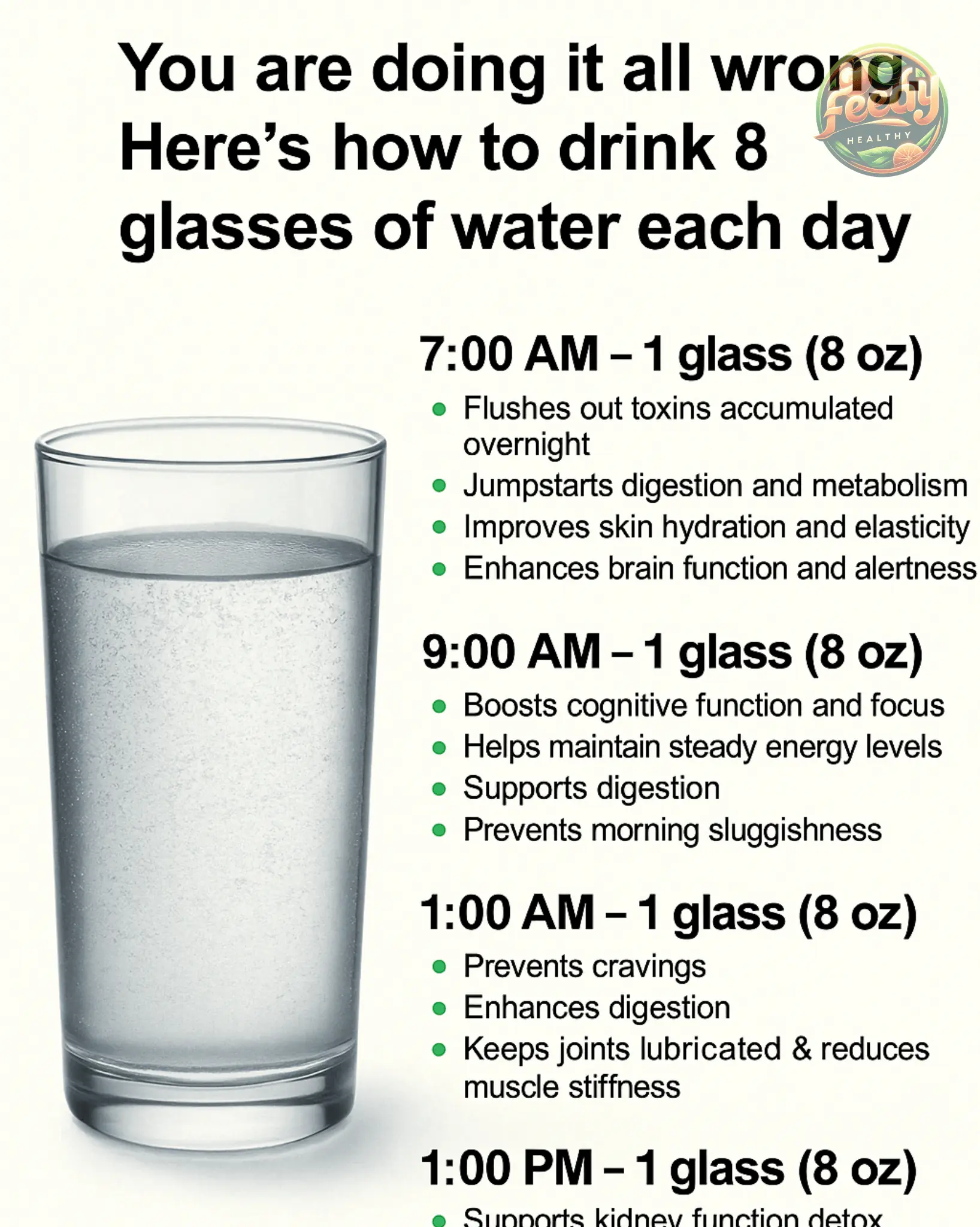
You are doing it all wrong. Here's how to drink 8 glasses of water each day
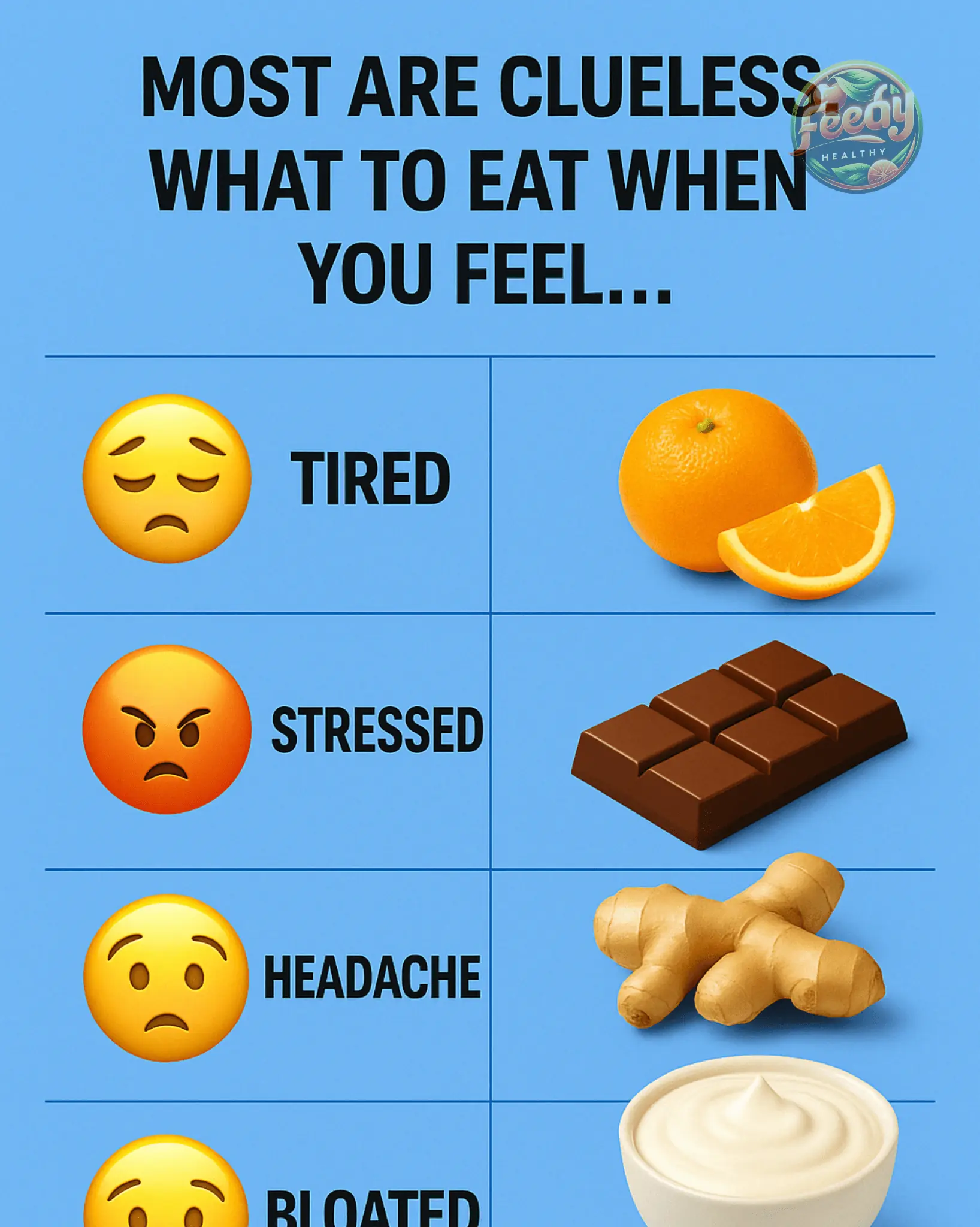
Most are clueless. What to eat when you feel

Boil Ginger, Sip the Benefits: A Simple Drink That Transforms Your Health
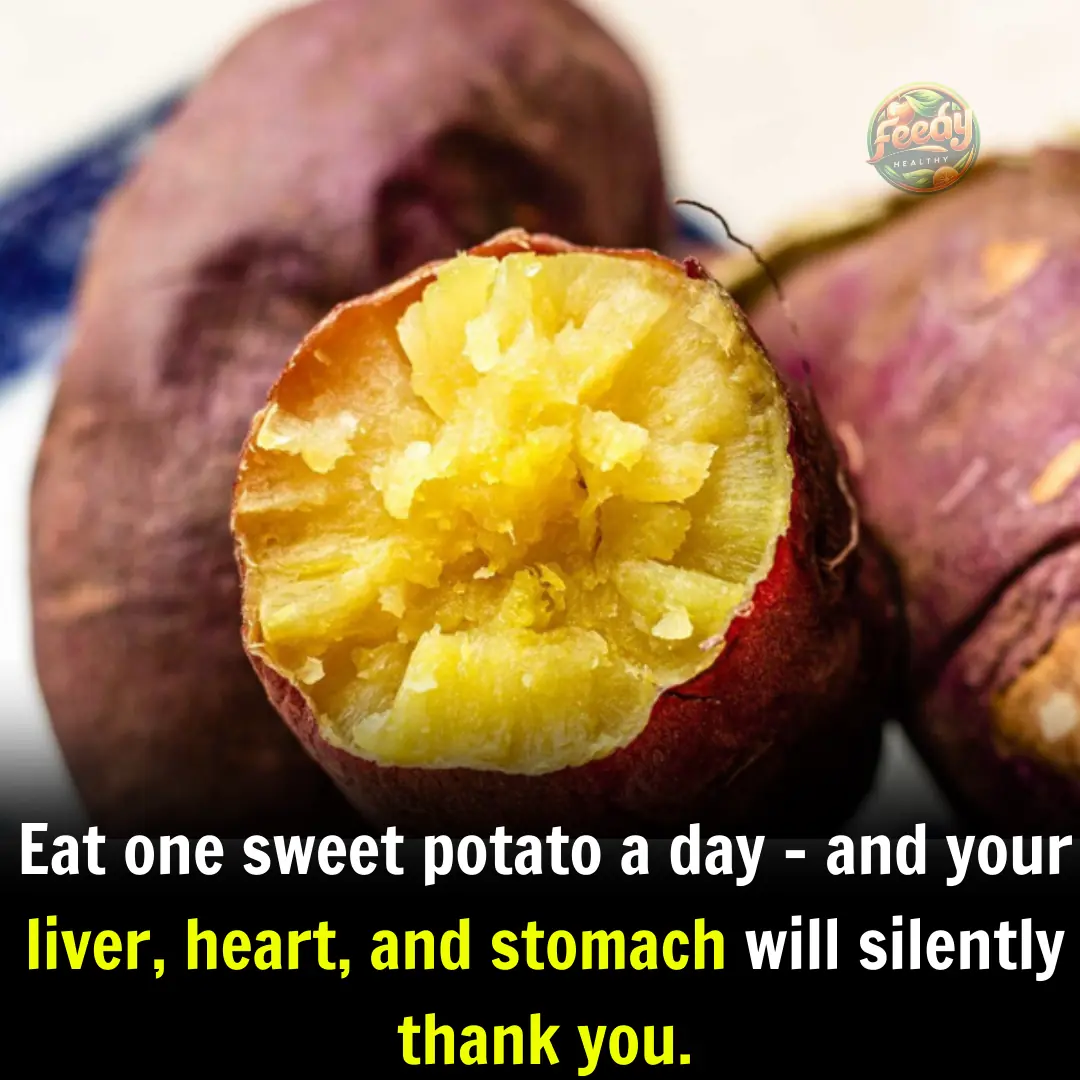
Eat one sweet potato a day – and your liver, heart, and stomach will silently thank you.

20 Reasons Why You Should Collect Dandelion Flowers Until Your Fingers Are Stained Yellow

Discover the Healing Power of Plantain
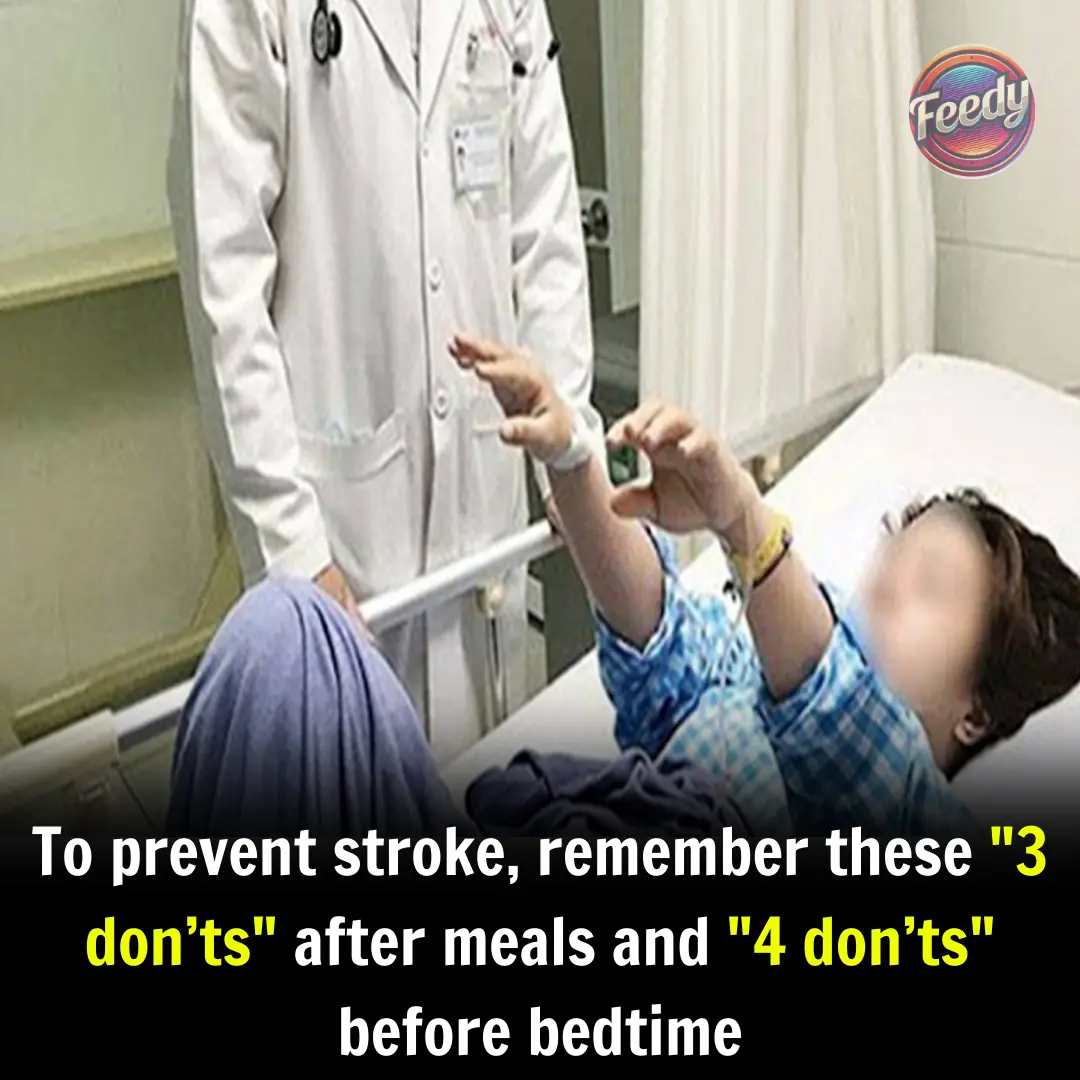
To prevent stroke, remember these "3 don’ts" after meals and "4 don’ts" before bedtime
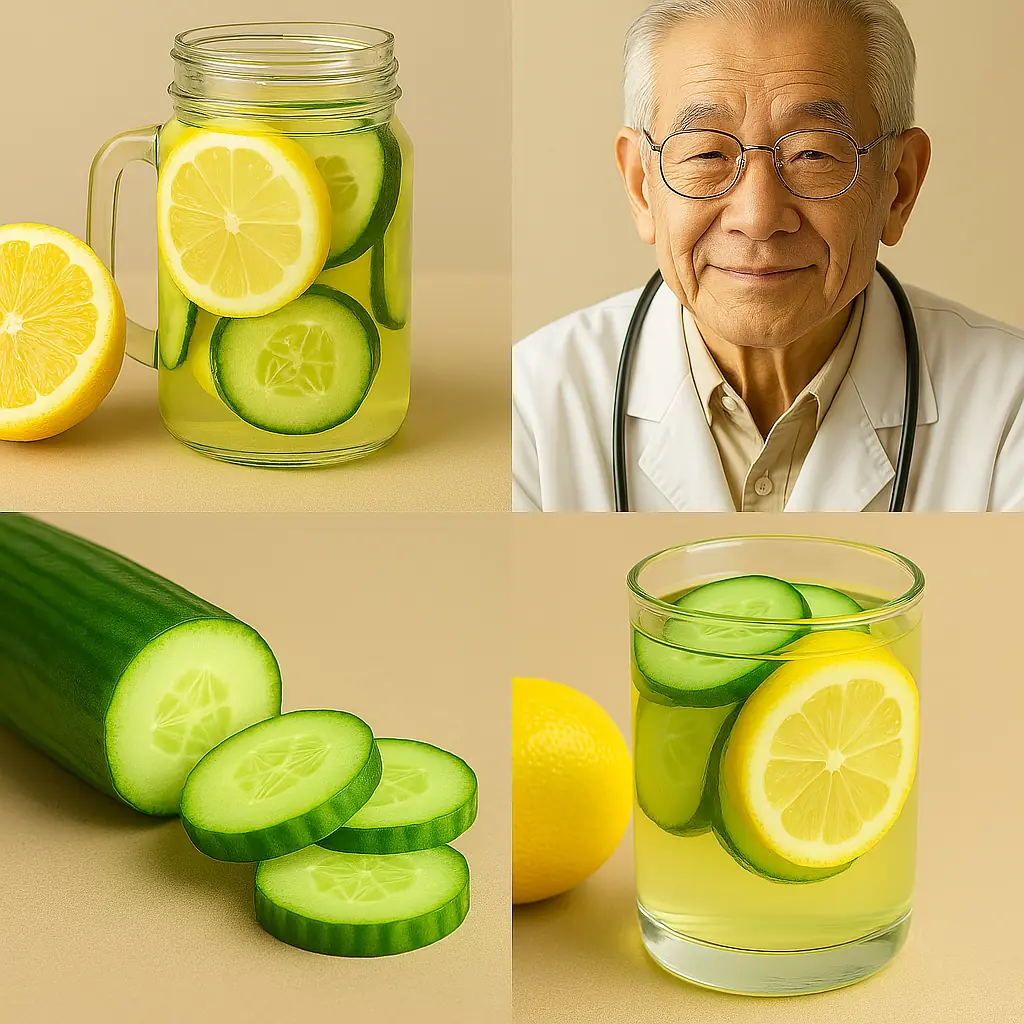
95-Year-Old Chinese Doctor Reveals His Secret to Staying Young and Healthy: Cucumber, Lemon, and Ginger!
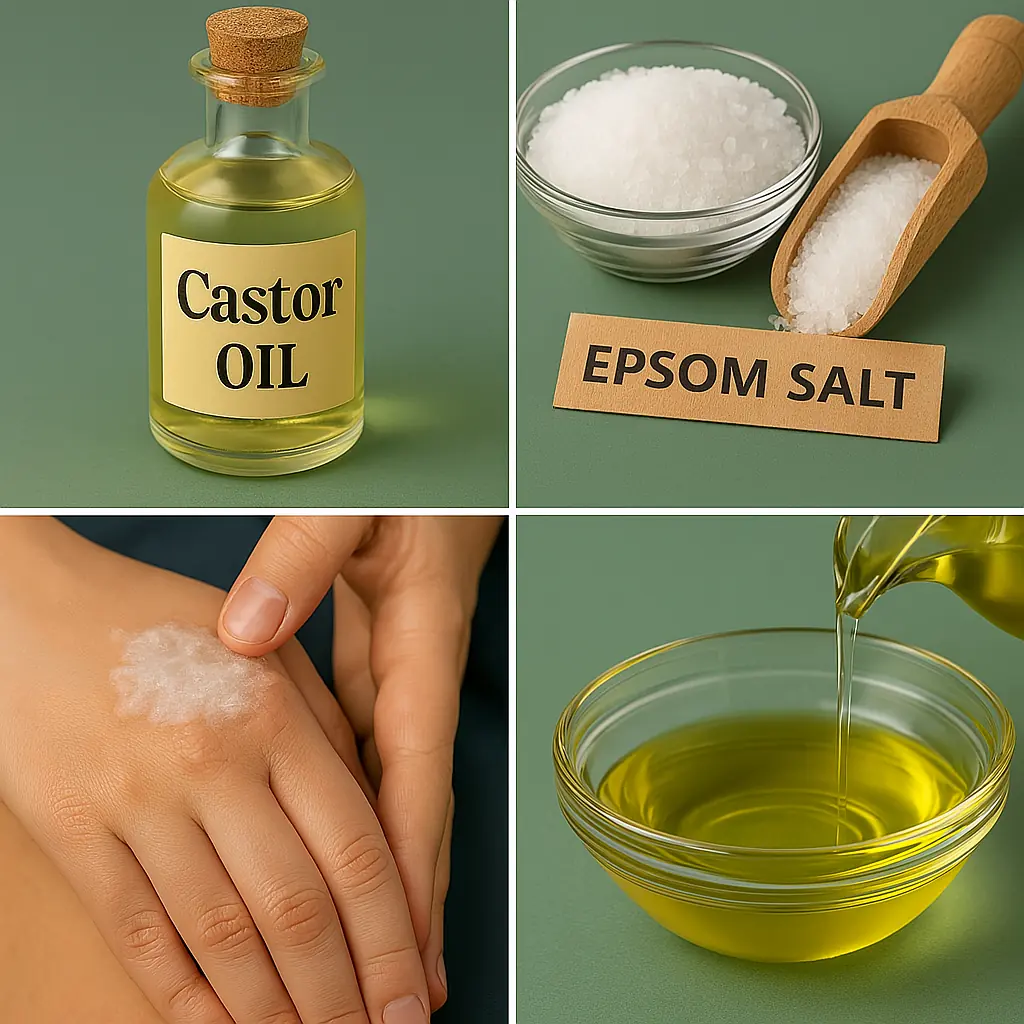
The Amazing Benefits of Castor Oil and Epsom Salt Combined

7 Powerful Leaves That Can Lower Diabetes, Blood Pressure, and Boost Your Health
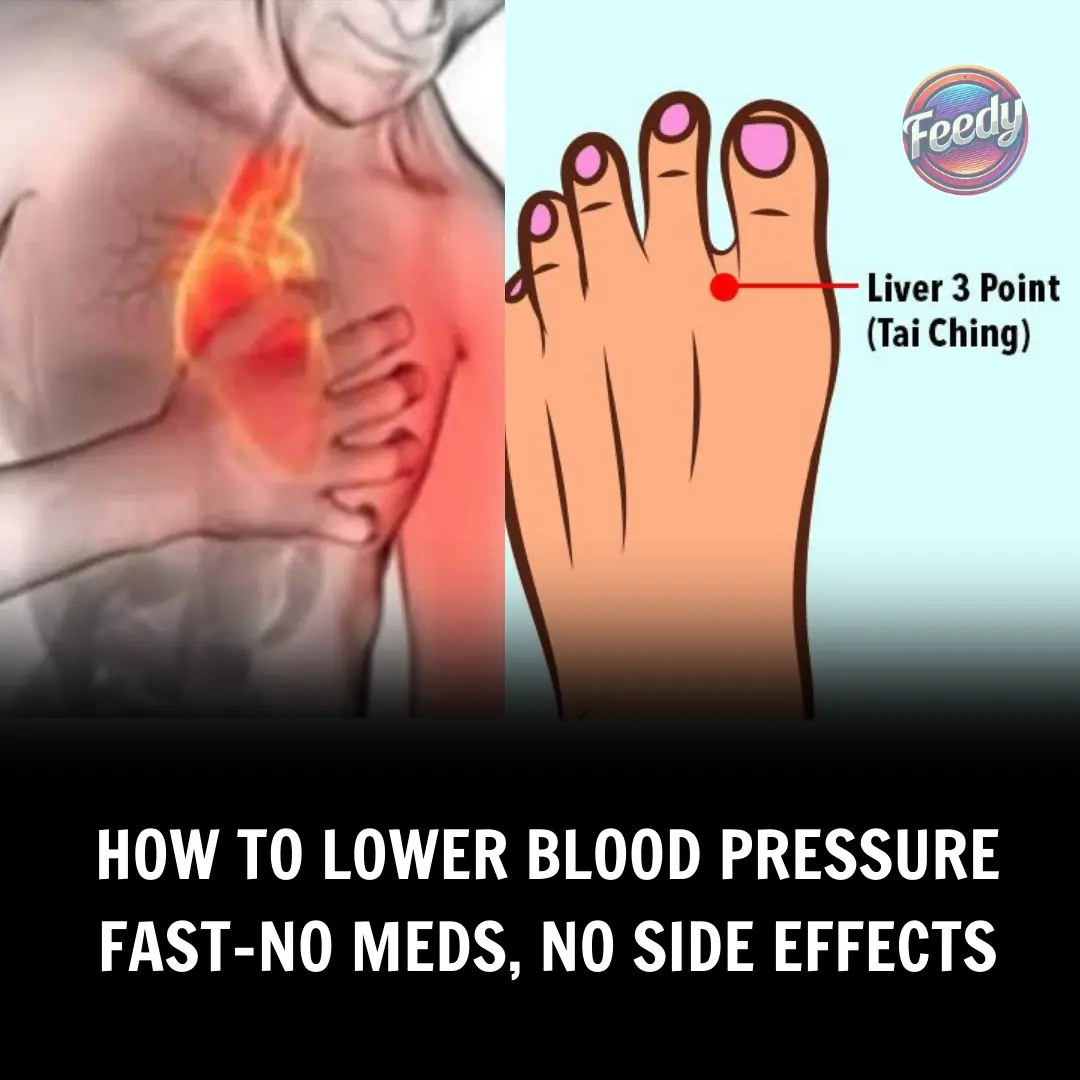
10 Natural Ways to Lower High Blood Pressure Without Medication

What That Swollen Lump Near Your Neck or Ear Really Means – And When to Worry
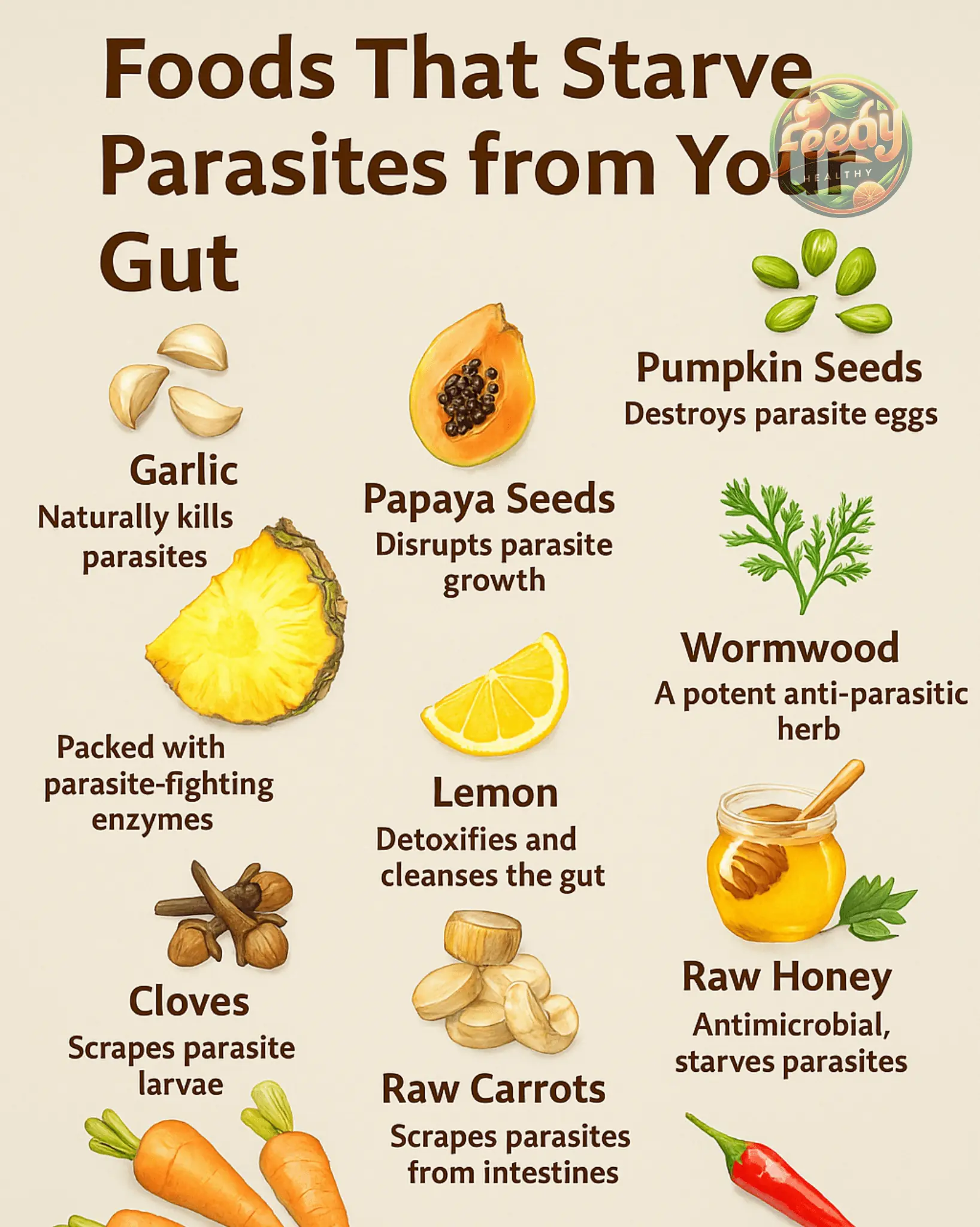
13 Foods That Naturally Eliminate Parasites from Your Gut – Eat Smart, Clean Inside
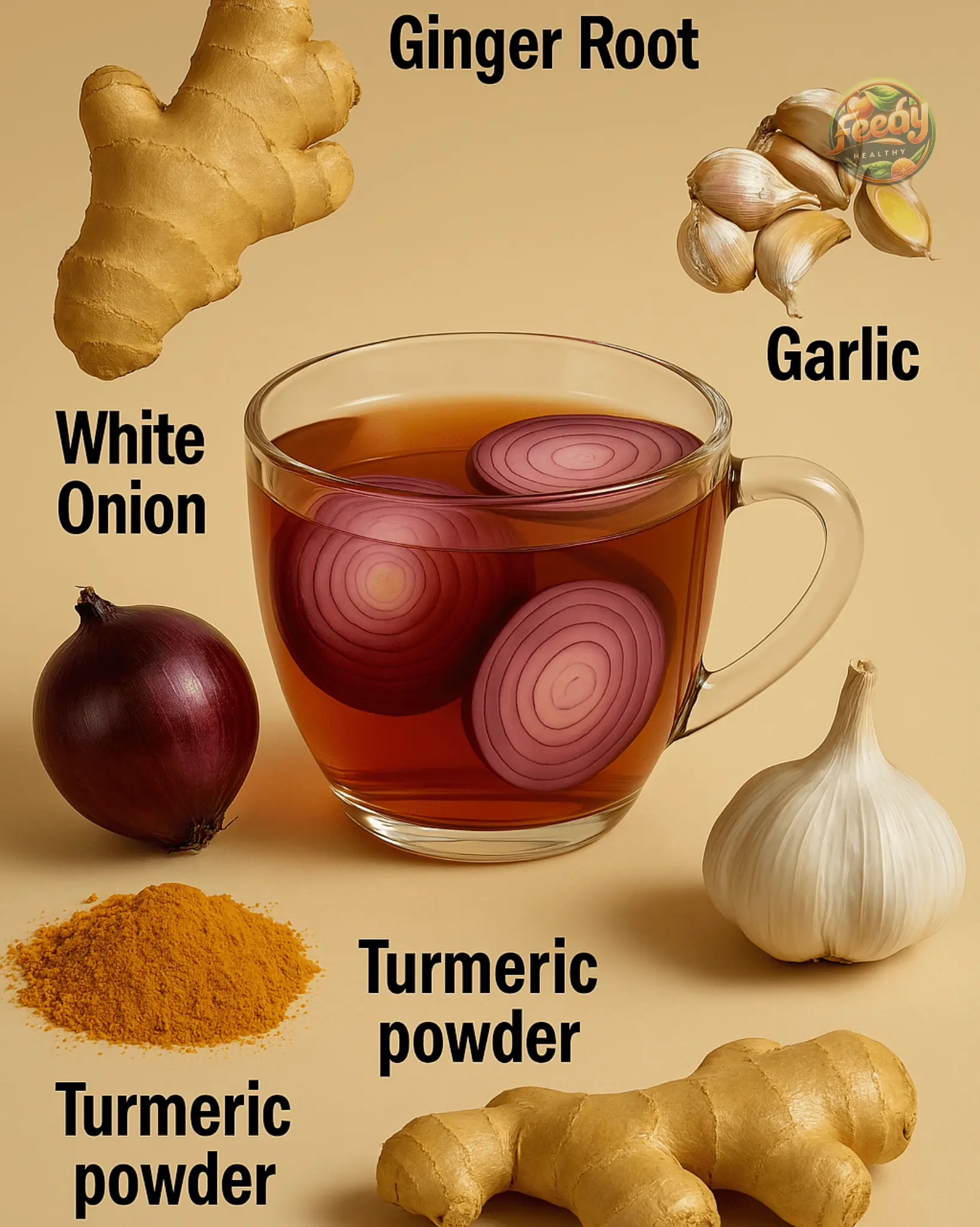
Lime, Garlic, Turmeric & Ginger: The Ultimate Natural Booster for Men’s Health
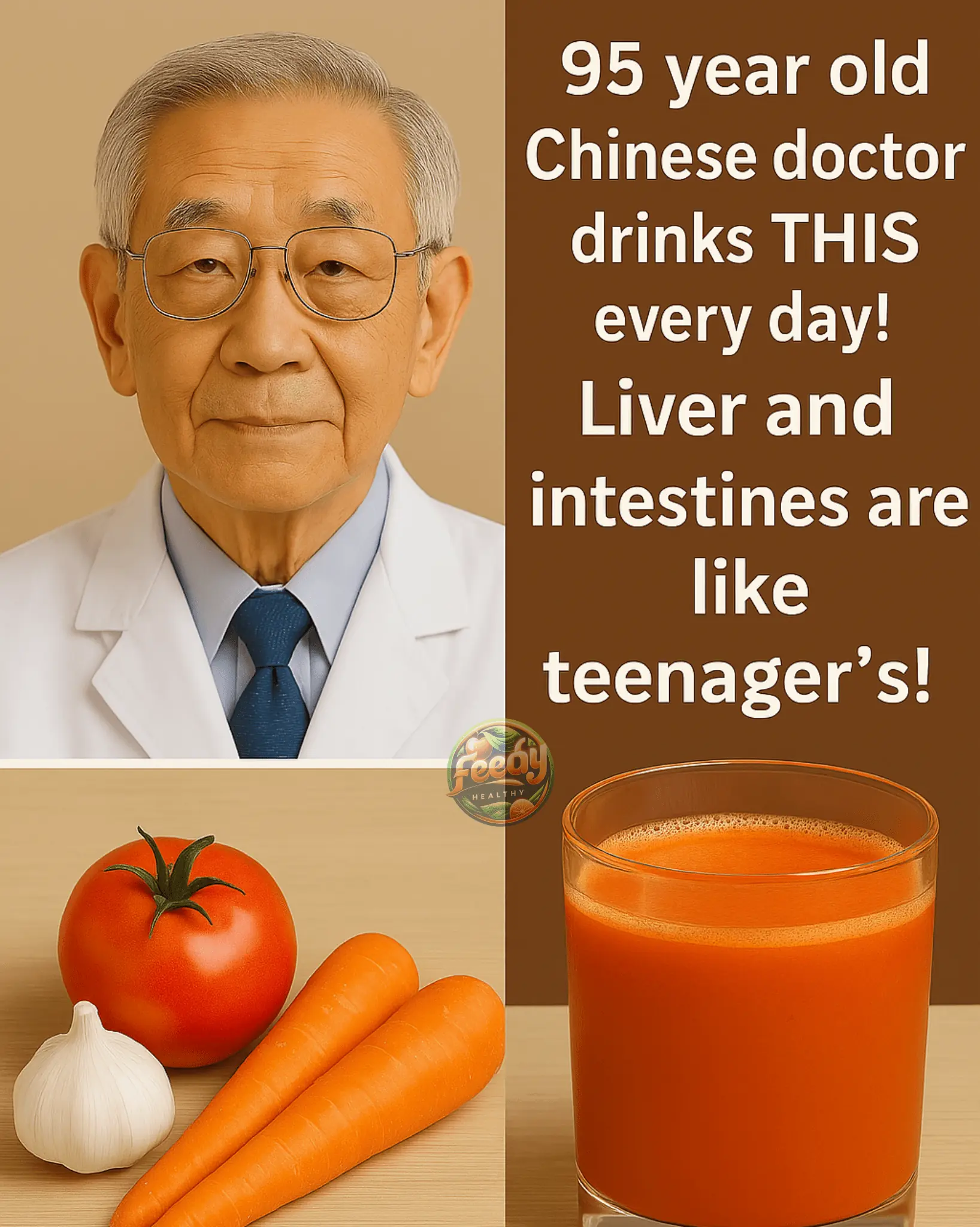
The Simple Drink a 95-Year-Old Chinese Doctor Swears By for a Youthful Body
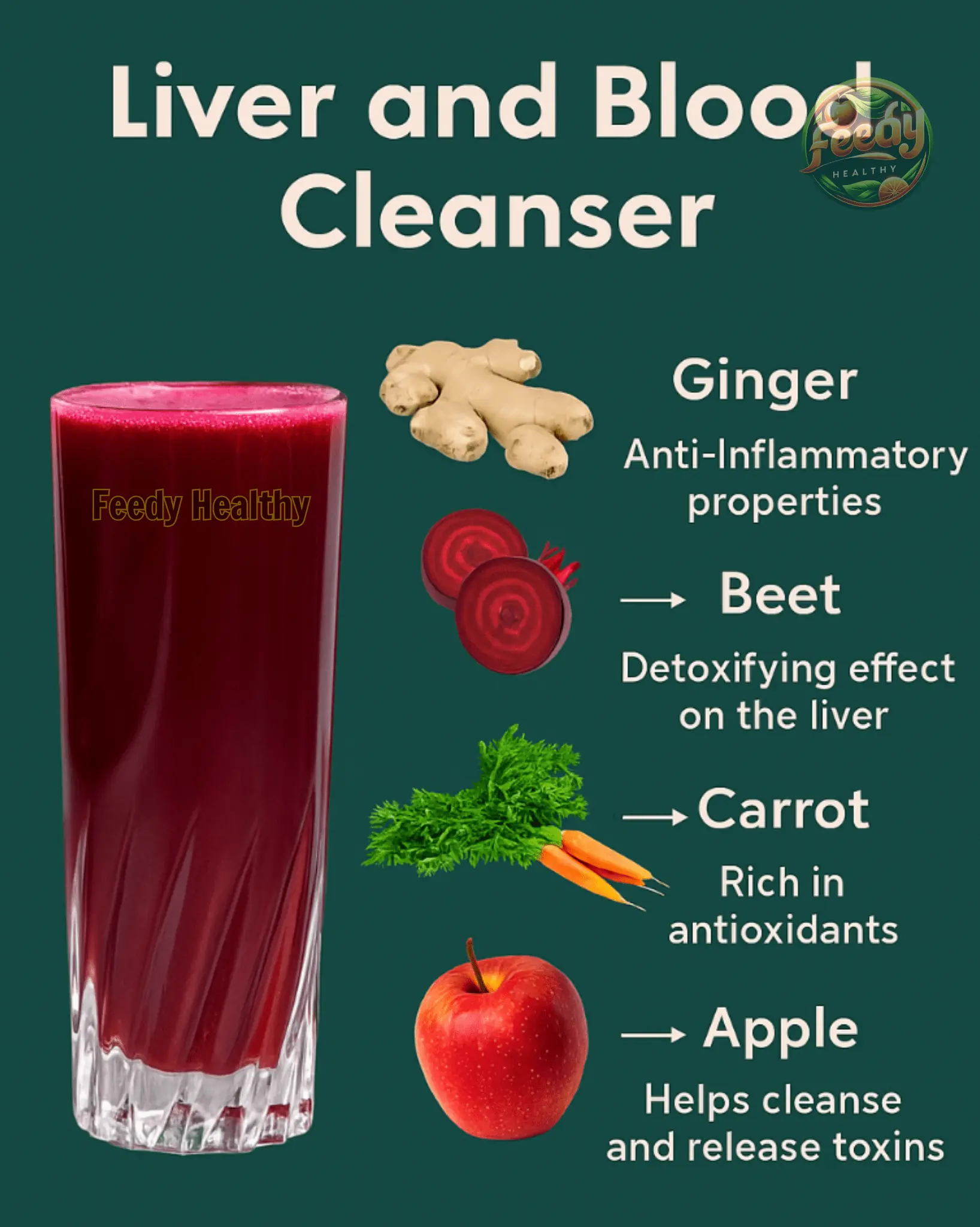
Liver and Blood Cleanser – A Natural Juice to Detox Your Liver and Purify Your Blood
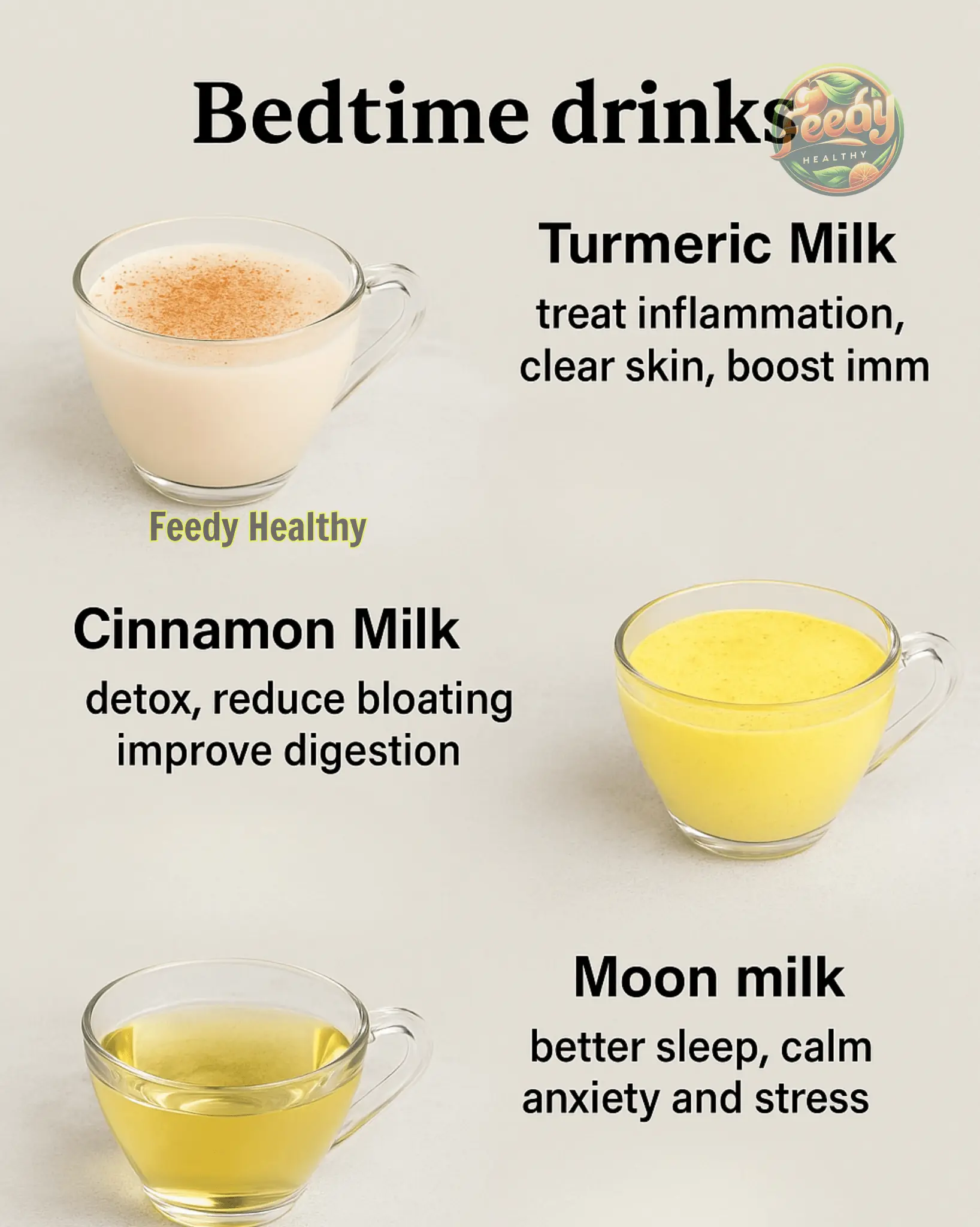
4 Soothing Bedtime Drinks for Better Sleep, Less Stress & Natural Beauty
News Post

Julia Roberts Gave Birth to Twins at 37 — Pics of Her ‘Beautiful’ Teens Who Look like Her Husband

ABC Cubes For Flawless Skin
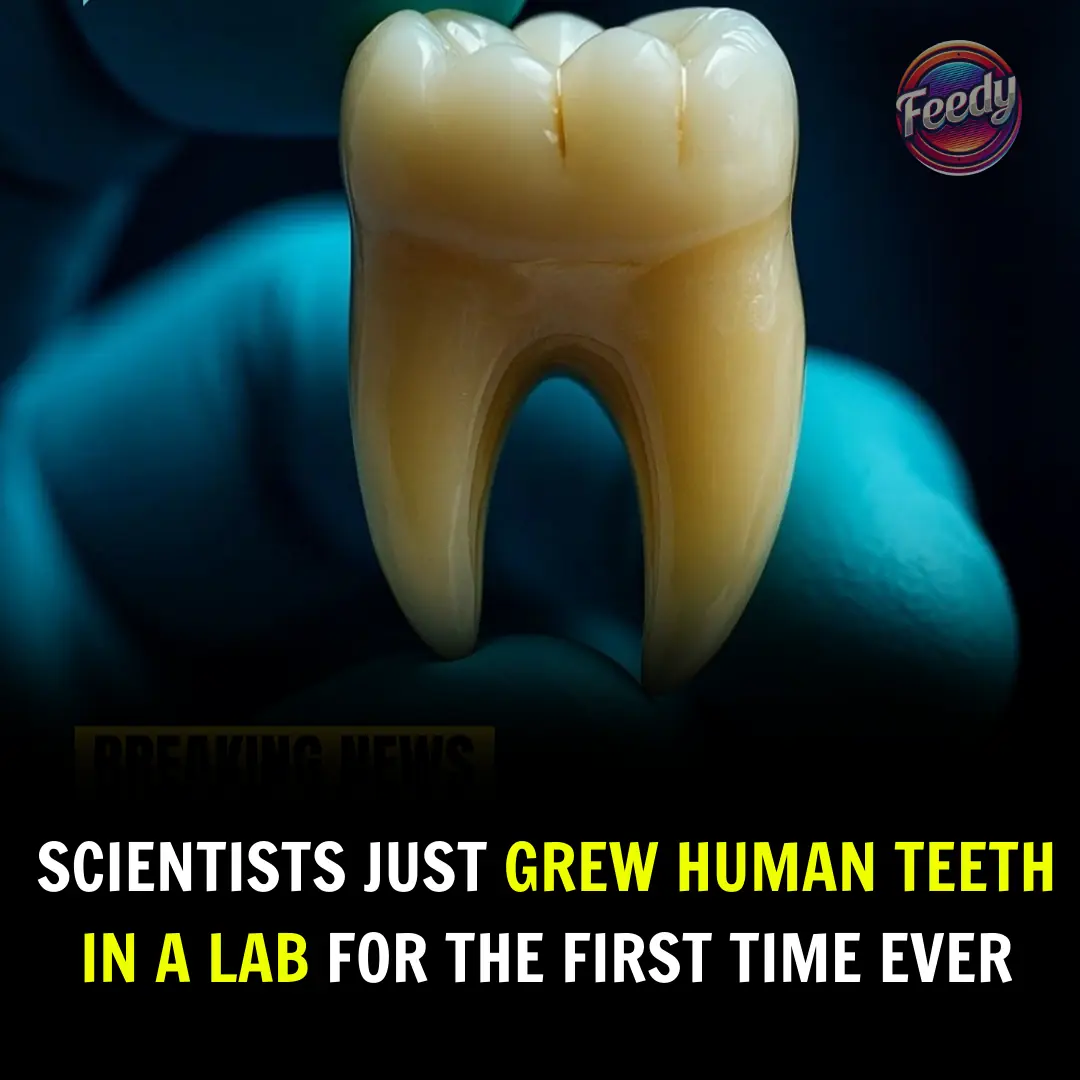
Scientists Grow First Fully Formed Tooth In Lab — A Groundbreaking Breakthrough

Fermented Rice Water & Cloves Scalp Treatment

Top 10 Hydrating Serums for Dry Skin Trusted by Experts and Beauty Enthusiasts
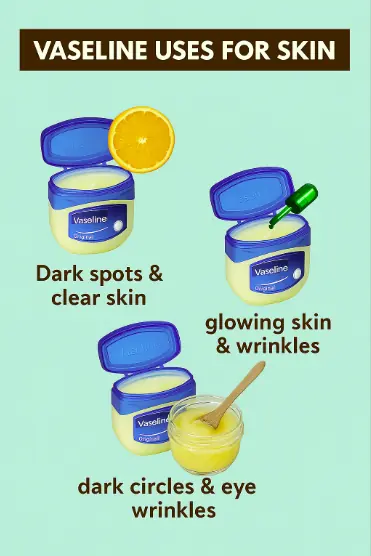
Amazing uses of vaseline for skin

Unlock the Power of Vaseline: 16 Beauty Benefits & Smart Precautions

WE SENT MONEY FOR OUR SON TO PAY FOR COLLEGE – ONE DAY, WE DISCOVERED HE WASN’T EVEN ENROLLED AND WAS LIVING IN AN OLD TRAILER.

5 Baking Soda Uses for Face & Skin – Natural Beauty Secrets You Shouldn’t Miss

20 Great Uses of Vaseline Which You Probably Don’t Know
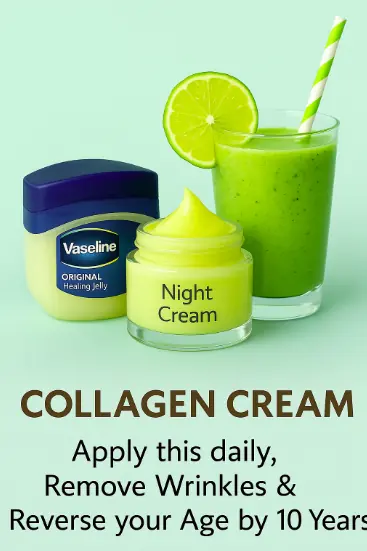
Unlock the power of Vaseline & Lemon

✨ Castor Oil Home Remedies: Unlock the Power of Nature for Your Beauty Routine ✨
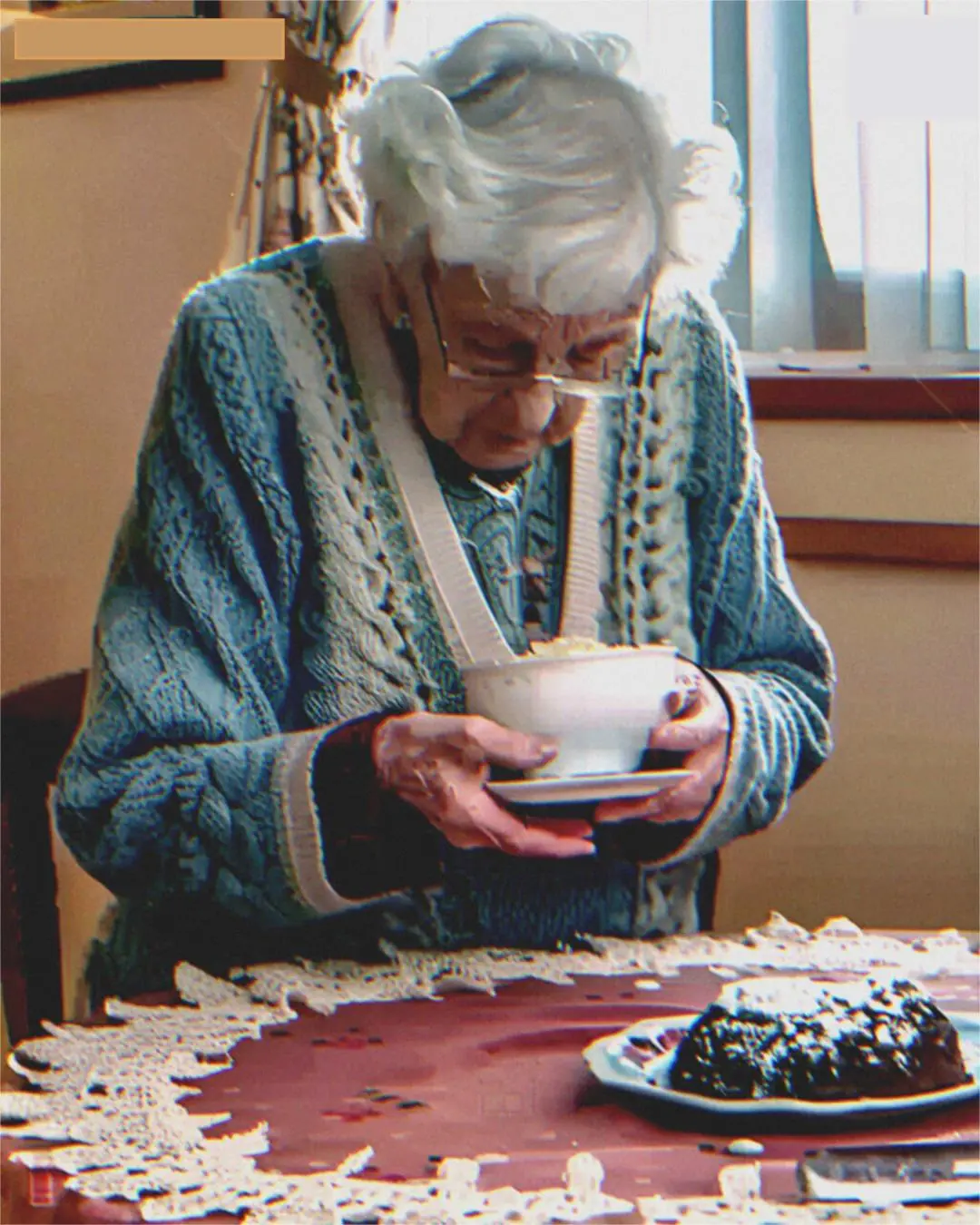
I WAS THE ONLY ONE WHO ATTENDED MY GRANDMOTHER’S BIRTHDAY LUNCH – AFTER SEEING HER TEARS, I DECIDED TO TEACH MY FAMILY A LESSON

The Best Ways to Use Vaseline: A Complete Guide for Beauty & Skincare

Rub This Slice On Face To Get Spotless Skin

My Husband’s Cousin Came to Stay with Us Temporarily with Her Son – If Only I Had Known It Was All a Trap.

Restaurant Owner Disguises Himself as a Homeless Man to Choose His Heir.
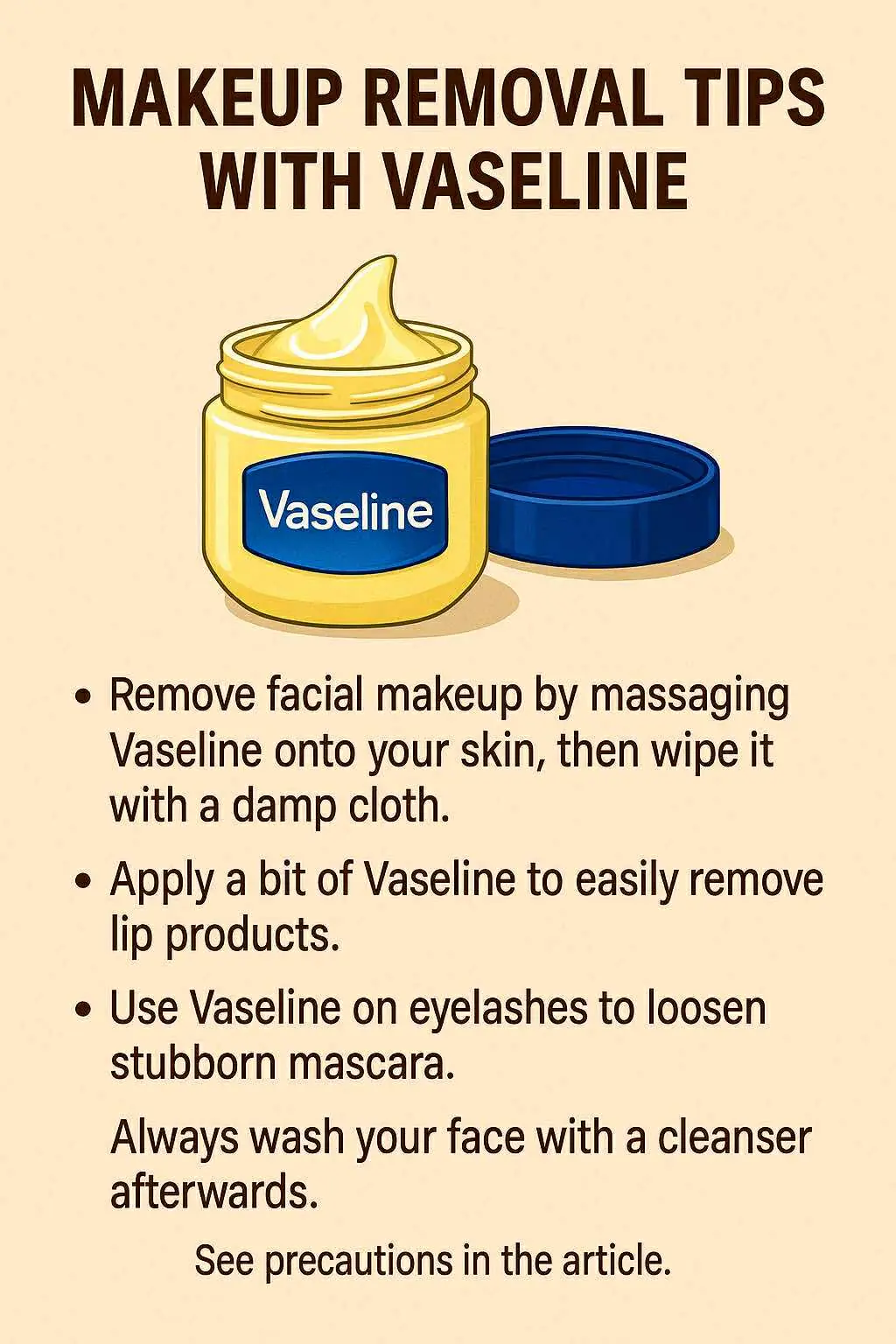
Vaseline Makeup Removal Tips Not Everyone Knows

The Hidden Meaning Behind Wearing an Ankle Bracelet—Most People Have No Idea
